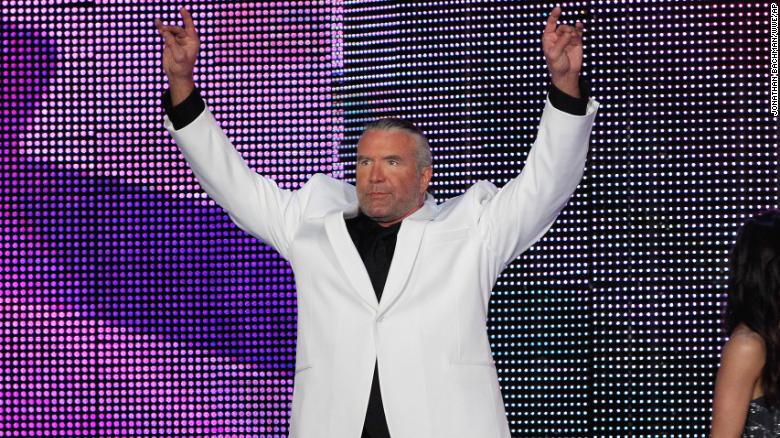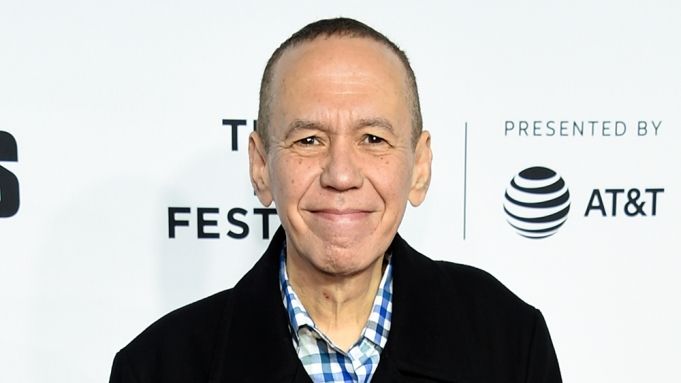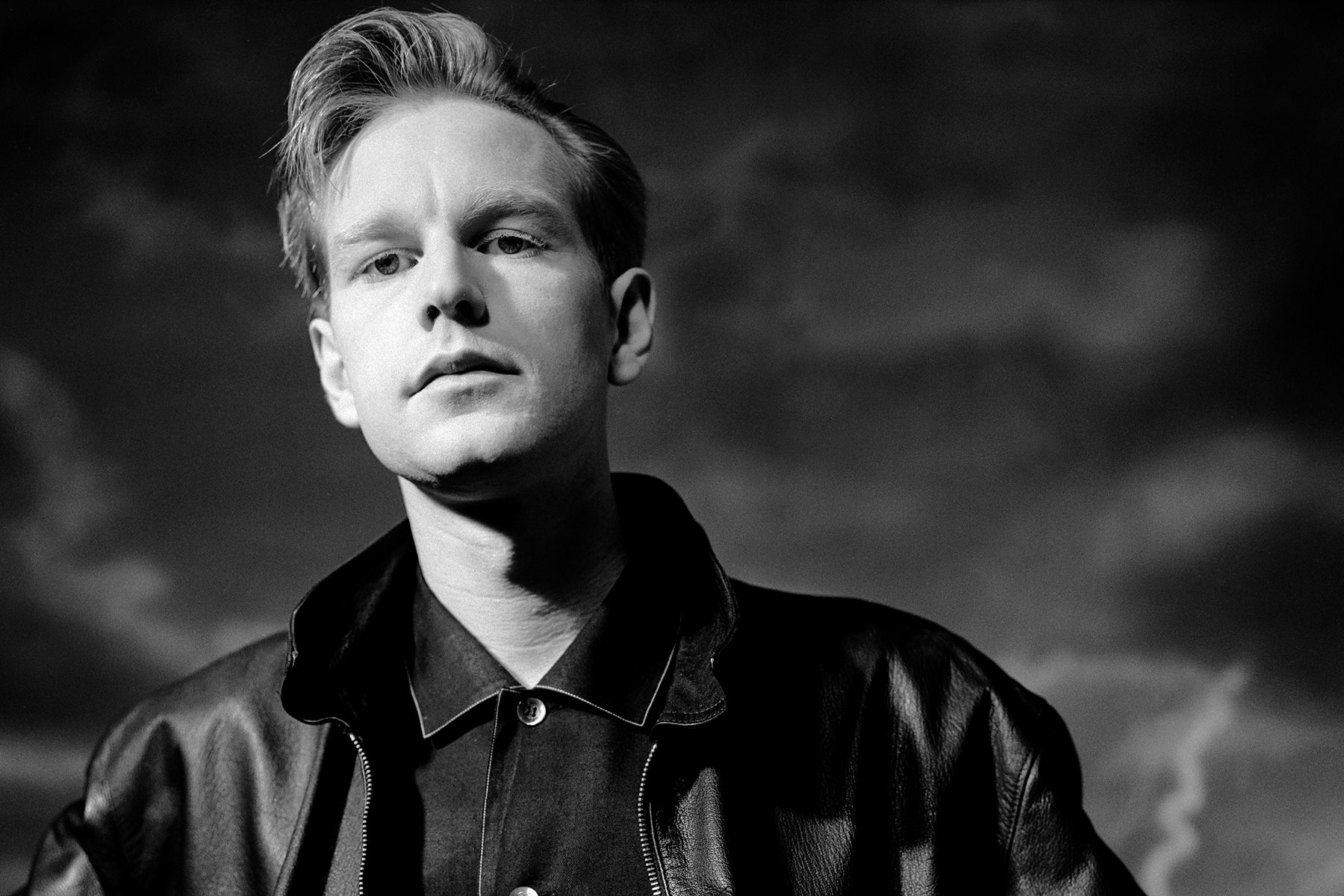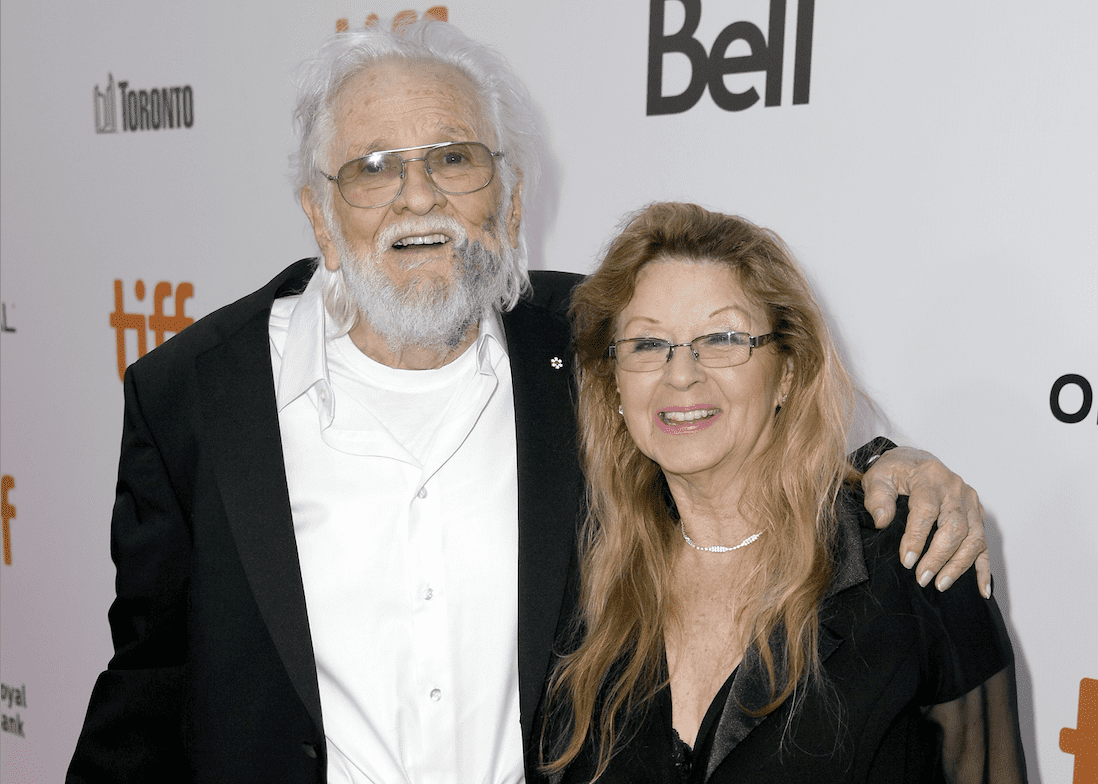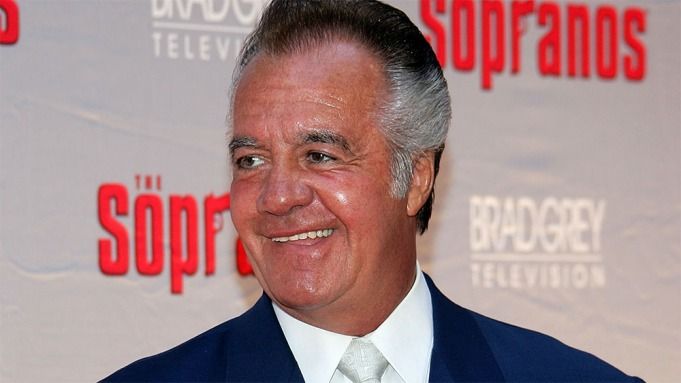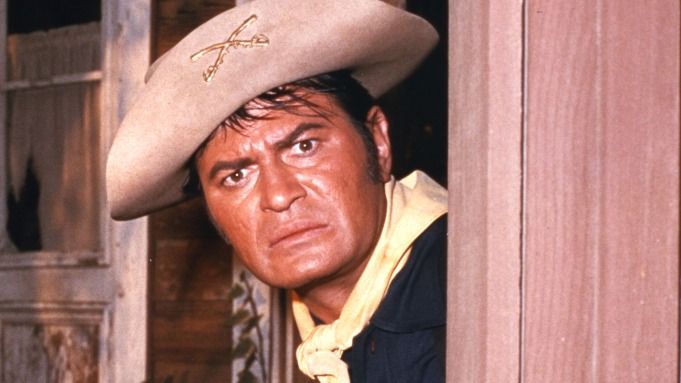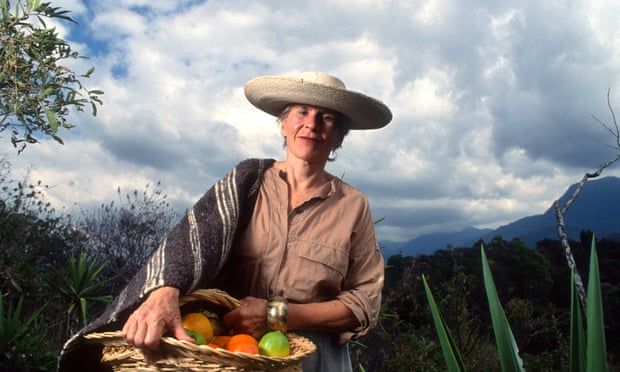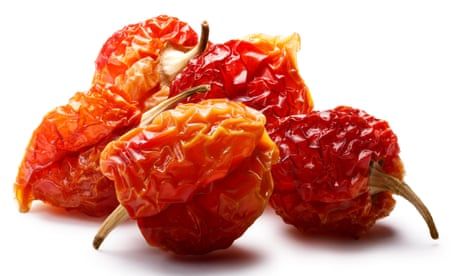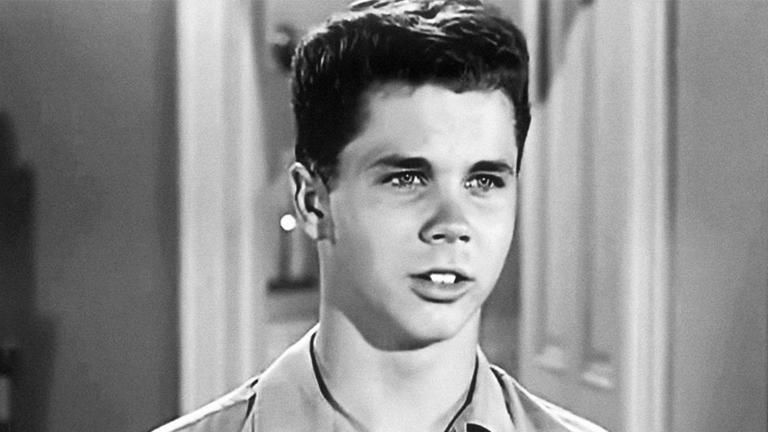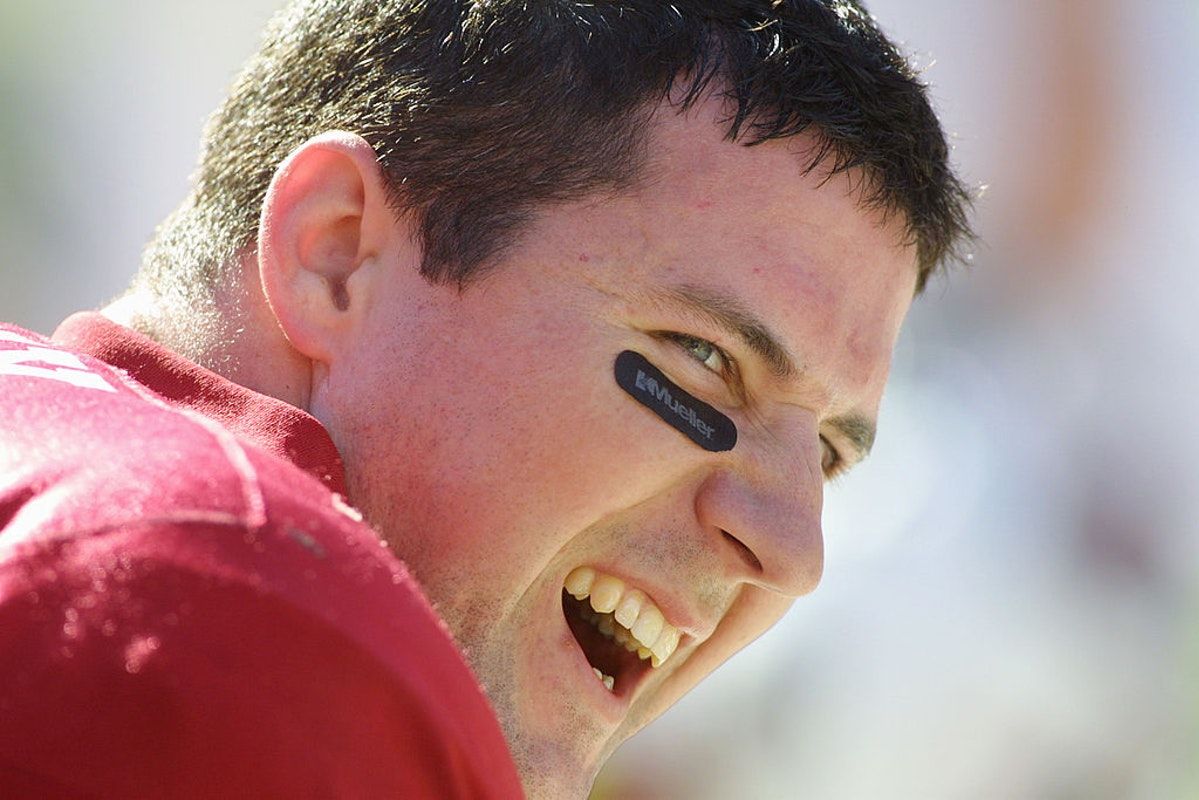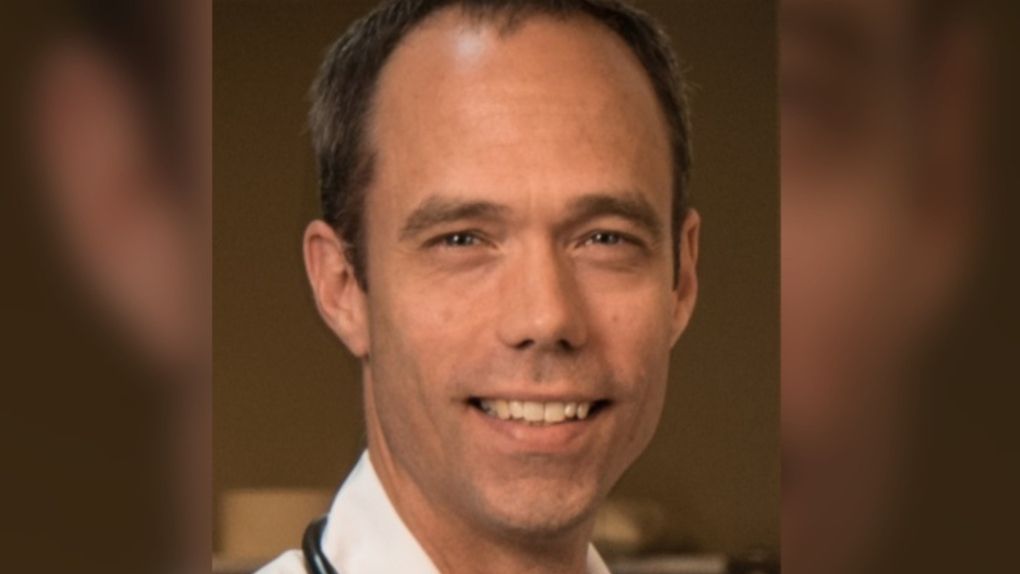Sonny Barger, biker outlaw and founder of Hells Angels, dies at 83
Paul W. Valentine - 1h ago
React34 Comments|
Sonny Barger, the bigger-than-life godfather of the Hells Angels Motorcycle Club, equal parts brawler, bully, braggart, rule breaker and shrewd huckster of his own outlaw mystique, has died at 83.
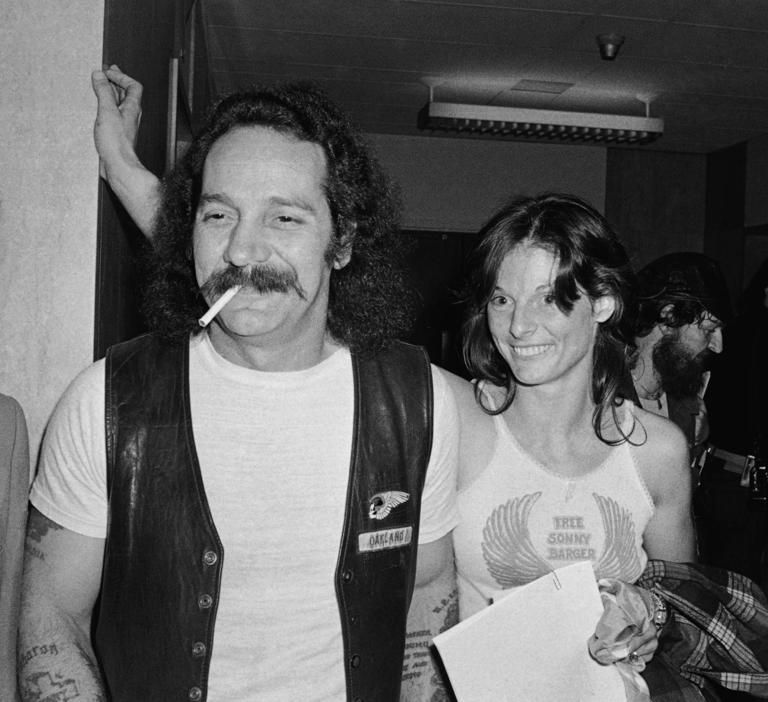
© Robert H Houston/ASSOCIATED PRESSSonny Barger, biker outlaw and founder of Hells Angels, dies at 83
A statement on his official Facebook page read: “If you are reading this message, you’ll know that I’m gone. I’ve asked that this note be posted immediately after my passing." The cause, according to the statement, was cancer, but no other details were immediately available.
For decades, the stocky, muscular Mr. Barger stood not only as the founder of the original Oakland, Calif., Angels chapter in 1957, but for decades after that also as the public face of a nationwide counterculture tribe of bearded, denim-clad road warriors memorialized in literature and film — roaring down the open highway and through crossroads towns, shocking the locals with their boisterous, often menacing presence.
It was a rowdy, frequently lawless brotherhood bound, in no particular order, by machismo, tattoos, winged death-head insignia, booze, dope, rides to nowhere on thundering Harley-Davidson hogs and a lust for the unfettered freedom found on the open road.
“Discover your limits by exceeding them,” Mr. Barger urged.
Woven into the Hells Angels history was a tradition of crime and violence — much of it involving Mr. Barger, a fact he boastfully acknowledged. He once referred to himself as belonging to a band of “card-carrying felons.”
He was convicted in 1988 of conspiracy to kill members of a rival club in Kentucky and blow up their headquarters, serving five years in federal prison.
A confessed cocaine addict who supported his habit by selling heroin in the 1960s and 1970s, he served stints totaling eight years for assorted drug and firearms charges.
The Hells Angels — as a corporate entity with chapters from California to New York — faced incessant federal investigation on criminal enterprise and racketeering offenses. In 2013, authorities obtained convictions against 16 members and hangers-on in South Carolina for a conspiracy involving drug distribution, gunrunning, money laundering and arson.
In 1979, Mr. Barger and other leaders beat a similar conspiracy rap in which they were accused of running a mammoth methamphetamine (“biker’s coffee”) operation out of Oakland.
Most infamous in Hells Angles lore was their role in the chaotic 1969 Rolling Stones concert at Altamont, Calif., where a pistol-wielding 18-year-old concertgoer, Meredith Hunter, was stabbed to death by a Hells Angel — all captured on film in the 1970 documentary “Gimme Shelter.”
The Angels, hired to provide security, were fighting off fans rushing the stage, according to Mr. Barger, who was present. The drug-fueled crowd pressed against the Angels’ security line, damaging some of their bikes, and Angels waded into the crowd swinging fists and cue sticks.
In his autobiography “Hell’s Angel — The Life and Times of Sonny Barger and the Hell’s Angels Motorcycle Club,” Mr. Barger accused Stones guitarist Keith Richards of delaying the band’s performance to work up the crowd. He claimed that he pressed a pistol to Richards’s ribs and ordered him to start playing immediately.
Richards complied, but the crowd, including Hunter, kept swarming toward the stage, according to Mr. Barger. Hunter fired a single shot, winging a Hells Angel, Mr. Barger said. Other Angels quickly subdued Hunter, punching and kicking him. One Angel was charged with fatally stabbing him but was acquitted after claiming self-defense.
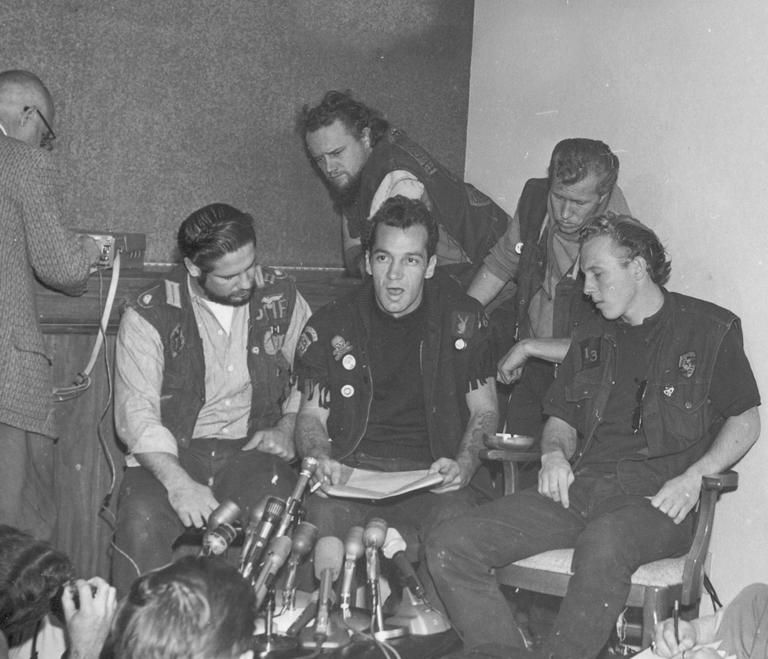
© Anonymous/ASSOCIATED PRESSIn 1965, the members of the Oakland Hells Angels chapter, from left are: Cliff Workman, treasurer; Mr. Barger, president; Tiny Walter, sergeant at arms; Ron Jacobson, secretary; and Tom Thomas, vice president, seated far right.
Over the years, Mr. Barger served as a technical consultant for biker movies and appeared in several, including “Hells Angels on Wheels” (1967), a low-budget exploitation film featuring Jack Nicholson.
For the real-life Hells Angels Motorcycle Club, he drew inspiration from an earlier movie — the 1953 classic
“The Wild One,” with Marlon Brando playing a strangely sensitive gang leader. Mr. Barger preferred Lee Marvin’s more
aggressive performance as a biker.
Mr. Barger’s rough and anarchic manner belied a disciplined entrepreneurial streak. He promoted his renegade brand, carefully marketing Hells Angels-themed T-shirts, yo-yos, sunglasses and California wines. He registered trademarks on club logos and designs, and retained an intellectual property rights lawyer to sue poachers, a frequent occurrence.
To give the Angels a little gloss, he initiated periodic charity drives for children’s toys and clothes.
“He’s smart and he’s crafty, and he has a kind of wild animal cunning,” author Hunter S. Thompson told The Washington Post in 2000. Hunter spent a year with the Angels researching his seminal book “Hell’s Angels: A Strange and Terrible Saga” (1966).
Ralph Hubert Barger Jr. was born in Modesto, Calif., on Oct. 8, 1938. His mother ran off with a Trailways bus driver when Sonny was 4 months old. His father, a day laborer loading ships and trucks at the Oakland docks, spent his nights and much of his money at waterfront bars, often bringing Sonny with him.
There, according to his autobiography, Sonny filched pretzels and hard-boiled eggs, and learned his first cuss words from an obscenity-squawking parrot.
His father married a second time. Like the first wife, she ran off, taking everything including the family radio and encyclopedia, according to Mr. Barger.
He hated school and was repeatedly suspended for mouthing off and occasionally hitting his teacher. “I never liked being told what to do,” he said.
For a time, he came under the care of his paternal grandmother, a strict Pentecostalist. In quick order, he rejected what he called the “tongue-yammering Holy Rollers,” smoked his first marijuana cigarette at 14, dropped out of high school at 16 and joined the Army with a forged birth certificate.
Fourteen months later, military authorities discovered the subterfuge and ousted him. Back home, he drifted from job to job — janitor, pipe threader, potato chip assembly-line worker. “I couldn’t get a grip on this nine-to-five working stuff,” he wrote.
He joined his first biker group, the Oakland Panthers, in 1956 and formed the Hells Angels Motorcycle Club in Oakland the next year. “I needed a close-knit club of men who could jump on their bikes, ride cross-country if they wanted to, and not abide by rules or clocks,” he said.
Over the next several decades, he grew his single club into a financially sustainable network with thousands of members in the United States, Canada, Europe and elsewhere. Despite its many run-ins with the law, the organization was fundamentally successful — an all-male, virtually all-White, dues-paying fraternal order with a brisk retail trade in club paraphernalia.
Mr. Barger published two novels, “Dead in 5 Heartbeats” (2003) and “6 Chambers, 1 Bullet” (2006), detailing murder and mayhem in the biker world.
His epithet-strewn autobiography was a New York Times bestseller, and two other books, “Freedom: Credos From the Road” (2005) and “Ridin’ High, Livin’ Free” (2002), received positive reviews. Some were co-written with writers Keith and Kent Zimmerman. He co-authored a sixth book, “Let’s Ride: Sonny Barger’s Guide to Motorcycling” (2010), with writer Darwin Holmstrom.
In 1982, he was diagnosed with throat cancer — he had smoked three packs of Camels a day for 30 years — and had his vocal cords removed. He learned to speak through a surgically inserted hole in his throat, giving his voice an eerie rasp.
Mr. Barger’s first wife, Elsie George,
died in 1967 during a self-induced abortion. His marriages to Sharon Gruhlke and Beth Noel Black ended in divorce. He married his fourth wife, Zorana Katzakian, in 2005. A complete list of survivors could not be immediately determined.
In 1998, he moved from Oakland to suburban Phoenix, dropping his official duties in the Hells Angels but remaining a rank-and-file member. He ran a motorcycle repair shop and mellowed in suburban life, doing yoga and continuing to lift weights, a pastime he acquired in prison.
He kept riding the open road, thousands of miles a year, eventually professing a preference for high-powered Hondas and BMWs to the Angels’ traditional Harley choppers.
What did his nonconformist life teach him? “To become a real man,” he counseled in his autobiography, “you need to join the army first and then do some time in jail.”
